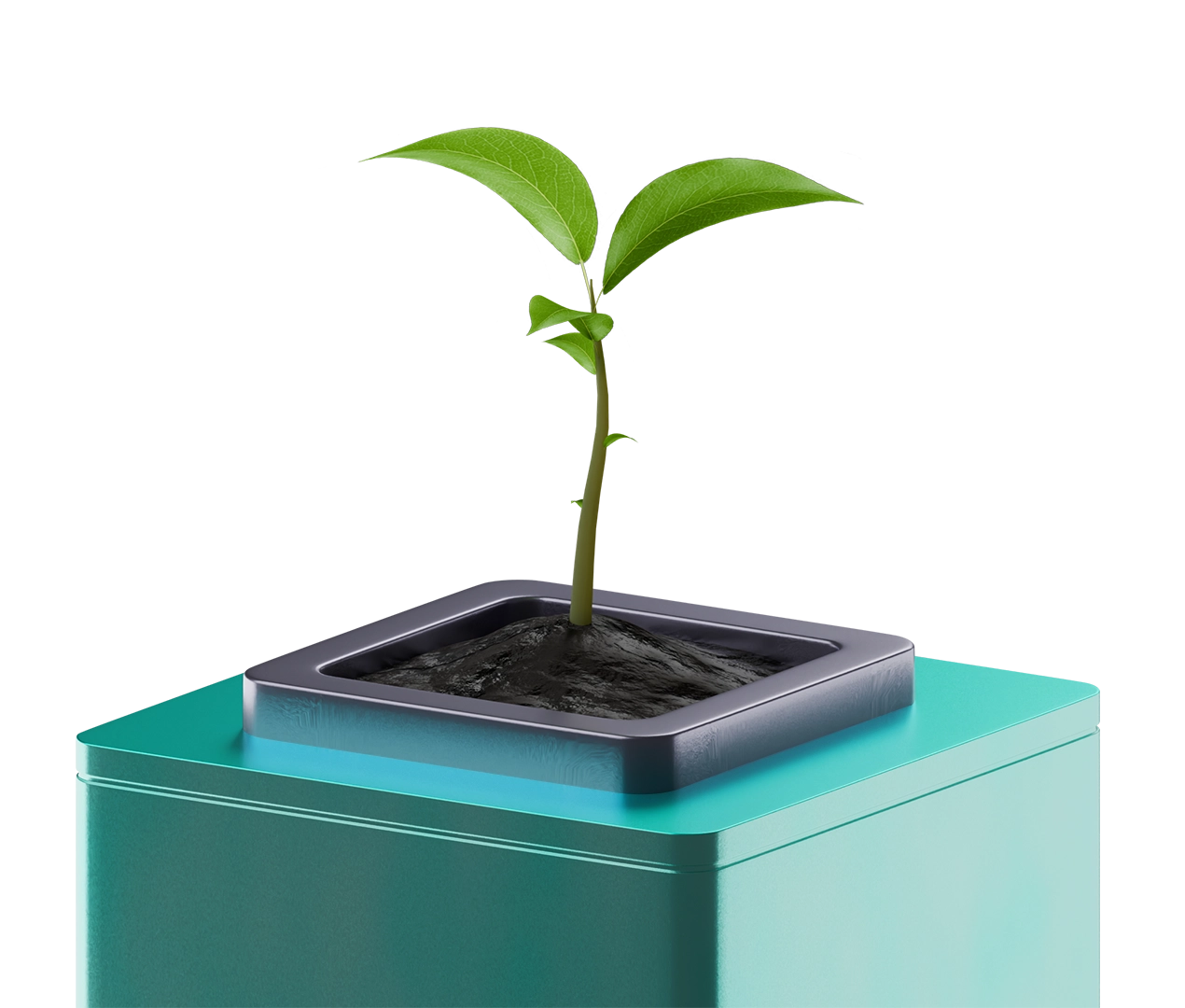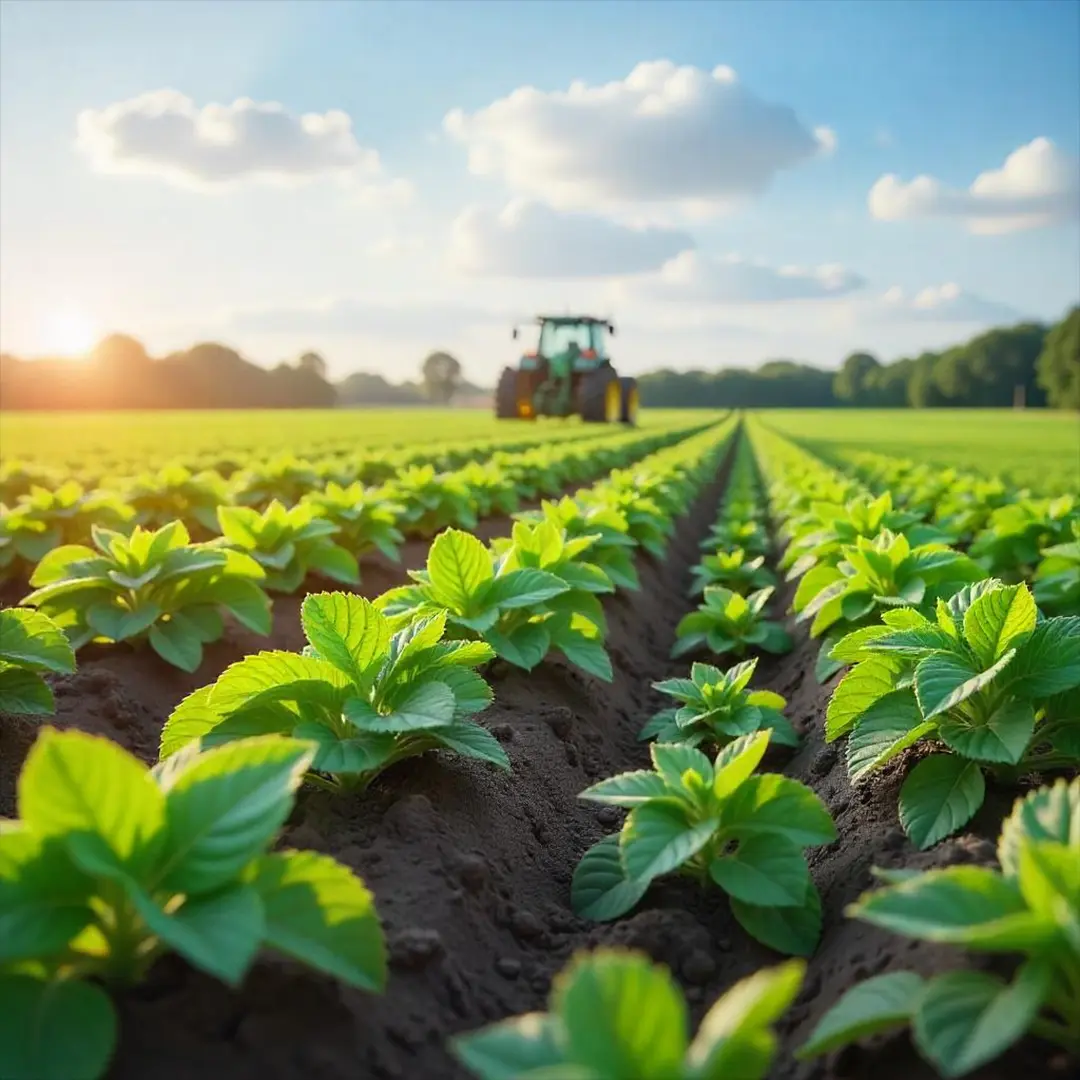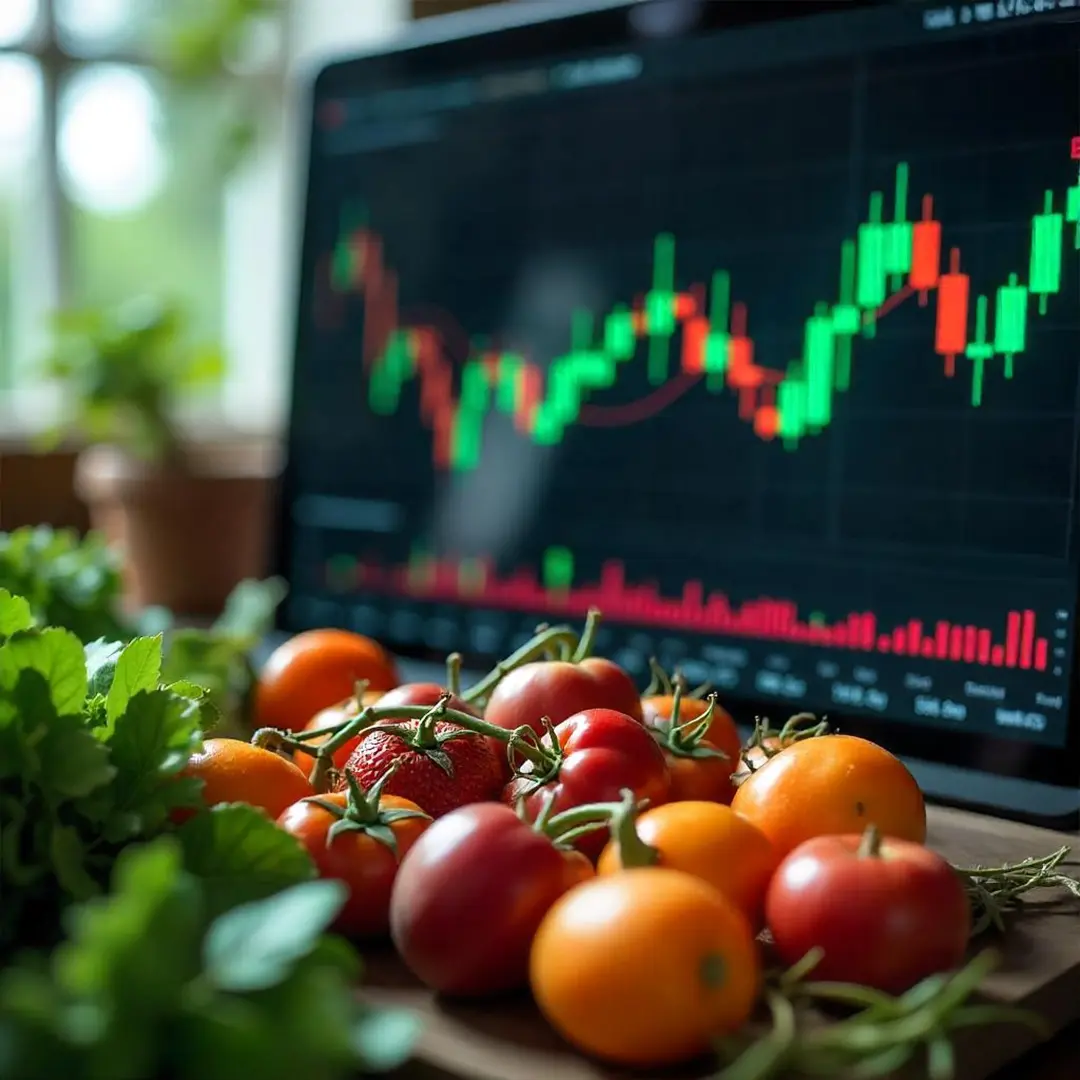![]() Disclaimer: CFDs are complex instruments and come with a high risk of losing money rapidly due to leverage. You should consider whether you understand how CFDs work and whether you can afford to take the high risk of losing your money.
Disclaimer: CFDs are complex instruments and come with a high risk of losing money rapidly due to leverage. You should consider whether you understand how CFDs work and whether you can afford to take the high risk of losing your money.
-
Getting Started
-
Platforms
-
Products
-
Learn
-
Analysis
-
Academy
-
Promotions
-
Trading
-
Getting Started
-
Platforms
-
Products
-
-
Education
-
Learn
-
Analysis
-
Academy
-
-
Promotions
-
Promotions
-
-
Company
US
Languages
-
简体中文
Simplified Chinese
-
한국어
Korean
-
Melayu
Maleyu
-
Việt
Vietnamese
-
ภาษาไทย
Thai
-
Indonesian
Indonesian
-
العربية
Arabic
-
日本語
Japanease
-
繁體中文
Traditional Chinese
-
Français
French
-
Español
Spanish
-
Português
Portuguese
-
Deutsch
German
-
فارسی
Persian
-
Italiano
Italian
-
Русский язык
Russian
-
Türkçe
Turkish
-
Polski
Polish
-
हिंदी
Hindi
Harvest Opportunities with Agricultural Trading
With agriculture trading platforms, you can trade commodities like wheat, corn, soybeans, and others and earn regular returns.

Growing Strong: The Agricultural Market Advantage
-
Populations around the world cannot do without agricultural products. They are essential worldwide, which means they offer great potential.
-
By adding agricultural products CFDs to your portfolio, you can diversify your investments, potentially offsetting risks from other assets. However, keep in mind that the agricultural market can be volatile, and trading CFDs involves significant risks, including the potential for amplified losses due to leverage.
-
You can trade a wide range of agricultural products from coffee to cocoa, soybeans and more through CFDs.


How to Start Agricultural products CFD Trading With STARTRADER
Your agriculture trading journey with STARTRADER starts with the following steps:
-
Step 1- Sow the seeds of knowledge by understanding the markets and the different agricultural products that you can trade.
-
Step 2- Set a carefully-planned trading strategy that ensures diversification.
-
Step 3- Open a demo account to practice.
-
Step 4- Open a live account and start trading.
Why Trade Agriculture With STARTRADER
A top-tier Trading App
Simple, secure, and easy to use, it provides seamless access to the market anytime, anywhere. With a customizable watchlist, you can effortlessly track all your investments and stay ahead, no matter where you are.
100-Millisecond Execution
In the trading world, fast execution can make all the difference. With our ultra-low latency infrastructure, your trades are executed in milliseconds to help you seize opportunities on the spot.
Ultra-tight Spreads
Enjoy some of the most competitive spreads on a top-tier gold platform, starting from 0.0 pips. Lower trading costs mean more potential gains.
24/6 Customized Support
Get guidance and information about your trading anytime you need it. We will support you with our extensive expertise and dedication.
High Leverage up to 1:1000
With flexible leverage up to 1:1000*, you can take larger positions with smaller capital, gaining greater market exposure across a wide range of agricultural CFD products. However, it's important to recognise that higher leverage also significantly increases the risk of potential losses. Traders should be fully aware of these risks, stay informed, and implement effective risk management strategies.*Leverage above 1:30 may not be available in certain regions due to regulatory restrictions.
Multiple Trading Accounts
From demo to standard and ECN accounts, you can choose the one that fits your trading style and level of experience. If you're new to trading, begin with a demo account, or opt for Standard and ECN accounts to access competitive spreads and leverage.
Frequently Asked Questions
-
1.
What is an Agricultural Trading Platform?
An agriculture trading platform is an online market where farmers, investors, and agriculture trading firms trade agricultural produce, futures contracts, or other financial products associated with farming and commodities. The platforms bring together farmers, investors, and agriculture trading firms to trade crops, livestock, and even raw materials such as fertilizers.
Consider it as an agri trading platform like a stock exchange, but designed for agricultural commodities. There are some that are based on a spot market (in which the goods are sold and purchased for delivery immediately), while others specialize in futures contracts, which enable speculation on prices in the future.
Advantages of an Agriculture Trading Platform:
- The facility of a global market for agriculture commodities.
- Capability to diversify your investment portfolio.
- Better prices for farmers to sell their produce.
- Liquidity, i.e., you can get in and out of trades quickly.
2.What types of commodities can be traded using STARTRADER?
STARTRADER is among the agricultural commodities trading platforms that have a range of products. The most widely traded agricultural commodities are:
- Grains: Wheat, corn, rice, barley, and oats.
- Oilseeds: Soybeans, canola, and sunflower seeds.
- Livestock: Cattle and hogs.
- Dairy Products: Milk, cheese, and butter.
- Soft Commodities: Coffee, sugar, cocoa, and cotton.
- Other Agricultural Products: Fertilizers and biofuels.
All of these commodities are affected by conditions such as weather, supply and demand, international trade policies, and agricultural technology.
-
3.
Are there online trading platforms specifically designed for traders who are interested in agriculture ?
Yes, there are a number of agri commodity trading platforms that are specifically meant for agricultural traders. These platforms are meant for farmers, traders, and investors who wish to do agricultural trading business without having to physically be present in commodity markets.
Features of Online Trading Platforms for Farmers:
- Real-time monitoring of prices of agricultural commodities.
- Risk management features, including stop-loss orders.
- Direct access to global agricultural commodities firms.
- Integration with supply chain management and logistics systems.
- Expert opinions and market analysis.
Such platforms facilitate easier entry for beginners as well as for seasoned traders into the market of agricultural commodities trading.
4.What is Agricultural Futures Trading?
Agricultural futures trading is a form of contract wherein buyers and sellers of a commodity undertake to purchase or sell a commodity at a specified price on a later date. Agriculture futures contracts are useful in hedging prices, and farmers and investors can take effective decisions regarding risks.
How Agricultural Futures Trading Operates:
- 1. A farmer commits to selling 1,000 bushels of wheat at $7 a bushel three months ahead.
- 2. An investor purchases the contract in anticipation of a rise in the price of wheat.
- 3. When the market price rises to $8 per bushel, the investor gains by selling the contract prior to expiration.
- 4. If the price falls, the investor loses.
Advantages of Agricultural Futures Trading:
- Price stability: Farmers can price future sales in advance.
- Investment opportunity: Traders can potentially gain from fluctuations in the market.
- Risk hedging: Shields against unforeseen occurrences such as droughts or economic recessions.
Agriculture futures trading, however, needs thorough analysis and knowledge of market trends.
-
5.
How do agricultural commodity trading companies operate?
Agricultural commodity trading companies serve as middlemen between producers (farmers) and consumers (manufacturers, retailers, or other traders). They manage the logistics, pricing, and risk management of agricultural products trading.
How These Companies Work:
- 1. Purchase of Agricultural Commodities: They procure goods from producers or middlemen.
- 2. Storing and Redistribution: Numerous corporations have warehouse space where the merchandise is stocked pending advantageous price points.
- 3. Importing and Exporting: Partakes in foreign agriculture commerce, helping merchandise access foreign markets.
- 4. Hedge Risk Management: Engage in using finance mechanisms, like agricultural futures exchange, for mitigation purposes.
Among these well-recognized firms within this niche industry are:
- Cargill
- Archer Daniels Midland (ADM)
- Bunge Limited
- Louis Dreyfus Company
These companies control world agricultural products trading and are pivotal to maintaining food supply chains stable.
6.What is the Role of Agricultural International Trade?
Agricultural international trade has an important function in the global economy. It ensures that nations with excess agricultural produce can sell it to those experiencing shortages, maintaining food security and prices globally.
Key Functions of Agricultural International Trade:
- Provides Food Availability: Nations that are unable to produce sufficient food have to import.
- Increases Farmers' Revenue: Farmers are able to sell commodities to foreign markets where demand is greater.
- Stabilizes Prices: Aids in supply-demand matching in various parts of the world.
- Stimulates Economic Development: Most economies, particularly in developing countries, depend significantly on agricultural exports.
How Agriculture Trading Companies Engage in International Trade
Agricultural trading firms such as Cargill and Bunge serve as middlemen between producers and global markets. They are responsible for:- Sourcing: Buying directly from farmers or agri commodity trading hubs.
- Processing & Packaging: Transforming raw materials into marketable products.
- Logistics & Distribution: Handling shipping and customs for export and import.
- Market Analysis: Forecasting trends to maximize trade strategies.
If you're considering investing in agricultural products trading, international trade is an important factor to watch, as global demand, trade policies, and currency fluctuations impact prices.
-
7.
How can I get started with agricultural commodities trading?
It is not difficult to begin trading agriculture since it is now possible to access the market online through agricultural commodities trading websites.
- Step 1: Select an Agricultural Trading Platform
Choose a good agriculture trading platform depending on your requirements:
If you are a farmer, select an online trading platform for farmers that facilitates selling your produce.
As an investor, select an agri commodity trading platform that provides futures contracts and market information. - Step 2: Learn the Market
Research agriculture futures trading and how the price of commodities changes.
Keep yourself informed about global agricultural international trade patterns.
Learn seasonal trends that affect agricultural products trading. - Step 3: Start Small and Diversify
Start with low-risk commodities such as grains and oilseeds.
Gradually increase into agriculture futures trading or livestock trading.
Invest in various commodities to minimize risk. - Step 4: Employ Risk Management Techniques
Place stop-loss orders to minimize losses.
Employ hedging techniques to cushion against price declines.
Employ expert market analysis to guide your decisions. - Step 5: Monitor and Maximize
Periodically check your investments on your agricultural commodities trading website.
Adapt your strategy depending on market trends.
Think about reinvesting profits in new agricultural commodity areas.
Starting agri commodity trading needs knowledge, patience, and a good strategy. But with the right strategy, it can be a lucrative means of earning monthly returns.
8.What are the risks associated with agricultural commodities trading?
Agricultural commodities trading can be profitable, but it involves risks that every trader should know about.
- 1. Price Volatility
Prices of agricultural commodities change because of:
Weather (droughts, floods, or natural disasters).
Supply chain interruptions (political instability or transportation).
Changes in market demand (trade barriers or consumer trends). - 2. Government Regulations & Trade Policies
Export bans or import restrictions can be enforced by countries.
Local and international commodity prices are affected by subsidies.
Tariffs influence international agricultural products trade. - 3. Currency Fluctuations
Because agriculture trade frequently is across borders, currency exchange rates affect prices. - 4. Storage and Transportation Costs
Physical commodities require good storage to avoid spoilage. Increasing fuel costs can also have an effect on transportation expenses. - 5. Manipulation & Speculation
Prices can be potentially controlled by large players or hedge funds through heavy trade volumes.
There are risks, but agri commodity trading websites provide facilities such as stop-loss orders, real-time analysis, and risk calculators to protect the investments of traders.
- Step 1: Select an Agricultural Trading Platform
-
9.
Why Choose Agricultural Trading?
- Sustained Demand: Human beings will never lack food, hence guaranteed demand.
- International Market: The potential to trade internationally through agriculture trading firms.
- Multi-Variant Investment Choices: From agricultural futures trading to direct commodity trade.
- Potential for Monthly Returns: Most traders make consistent returns by using agriculture trading platforms.
10.Who Should Invest?
- Farmers seeking an online farmers' trading platform to sell their crops at reasonable prices.
- Investors who are interested in agri commodity trading as a substitute for regular stocks.
- Traders who seek to diversify into a less volatile but profitable market.
Though it calls for research and strategy, trading of agricultural products is a good investment option, especially for people interested in making a steady return monthly.
-
11.
Start Your Journey?
Need a stable agriculture trading site? Begin with:
- 1. Doing research on various online trading websites depending on what you're after.
- 2. Learning about agricultural futures trading as well as the trends of the market.
- 3. Utilizing risk management methods to shield your investments.
With the proper strategy, you can benefit from agri trading platforms and begin earning from agriculture trading today!
Start trading with A globally leading broker
Want to start trading?

We use cookies to understand how you use our website and to give you the best possible experience. You can find out more by viewing our Cookie Policy.











